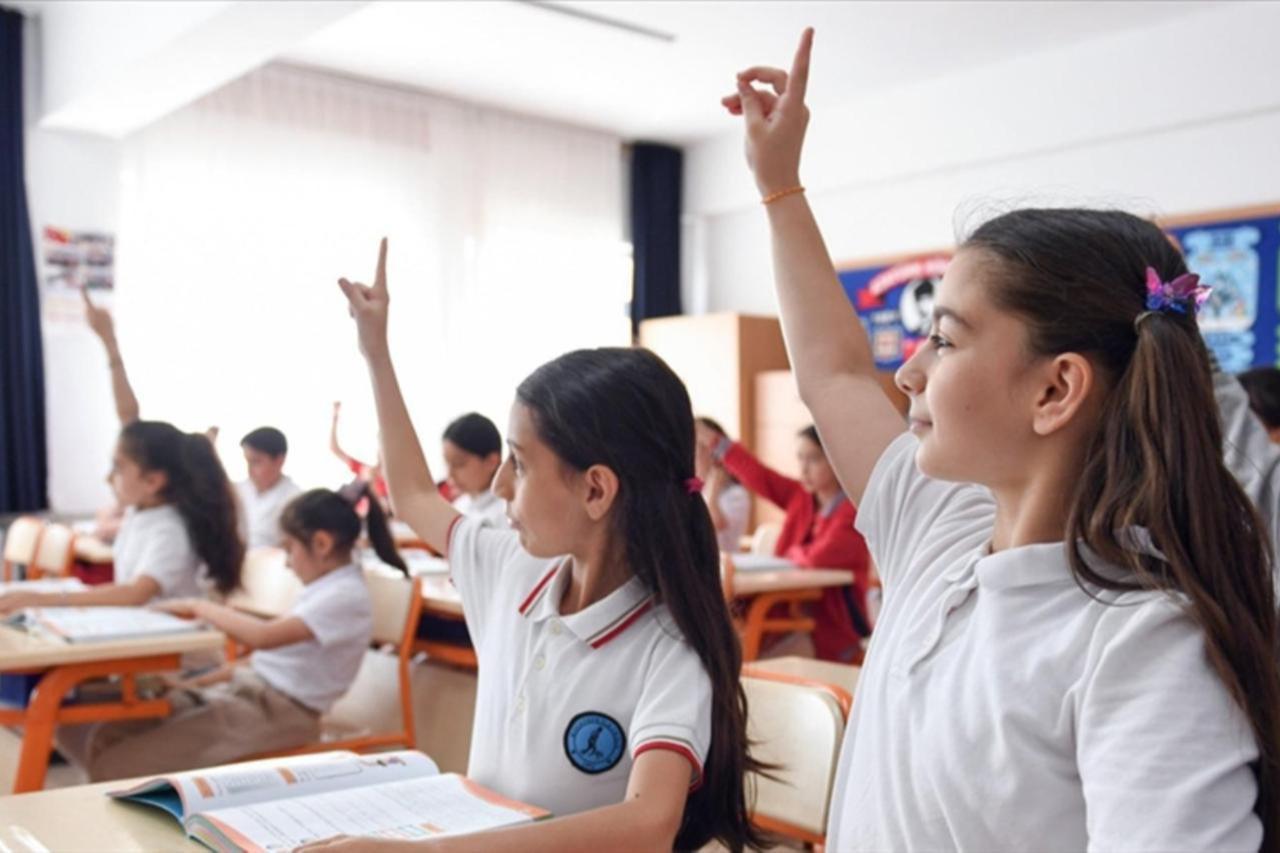
Education Minister Yusuf Tekin announced that Türkiye will begin using artificial intelligence to evaluate open-ended exam questions as part of a broader effort to modernize the national education system.
Speaking at the event titled “Transformation and Innovative Approaches in the National Education Infrastructure in the Age of Informatics and Technology,” Tekin said the ministry is developing several AI-based projects in cooperation with the Scientific and Technological Research Council of Türkiye (TUBITAK).
Tekin noted that test-style questions, which dominate most national exams, have long been criticized.
He said the ministry aims to phase out this model and introduce open-ended questions that will be objectively graded through AI-assisted systems.
“Everyone says test exams should be removed as soon as possible, but there are doubts about how open-ended questions can be evaluated objectively,” Tekin explained. “That is why we are developing a project with TUBITAK for AI-supported evaluation of open-ended questions.”
The minister said the Education Ministry has already established a dedicated department to coordinate these initiatives under the Directorate General for Innovation and Educational Technologies. “We created the Department of Artificial Intelligence and Big Data Applications to manage and develop all these processes,” he added.
Highlighting Türkiye’s progress in digital education infrastructure, Tekin described the country’s Education Information Network (EBA) as one of the most advanced systems in the world.
He recalled that in 2002, teachers had expressed hopes that every school would eventually have a single computer.
“Today, we have moved far beyond that point,” Tekin said. “We now have interactive smart boards connected to the internet in 65,000 schools. Students and teachers can access lessons taught by educators anywhere in Türkiye or even abroad. EBA contributes to our students’ education not only with materials but also with educational videos. It is a system that constantly improves and updates itself.”
Tekin underlined the scale of the national education network, emphasizing the responsibility it entails.
“We currently have 1,238,695 teachers,” he said. “That means one out of every 80 people in our country works with us. We also have around 18 million students and 75,000 schools providing formal education. With 761,000 classrooms, every decision we take affects a very large community, so we act with full awareness of that responsibility.”
According to Tekin, the Education Ministry is the first government institution in Türkiye to establish a formal AI policy document and related action plan. “This is very important for us,” he said, describing the move as a major step toward aligning national education with international standards in artificial intelligence and digital learning.